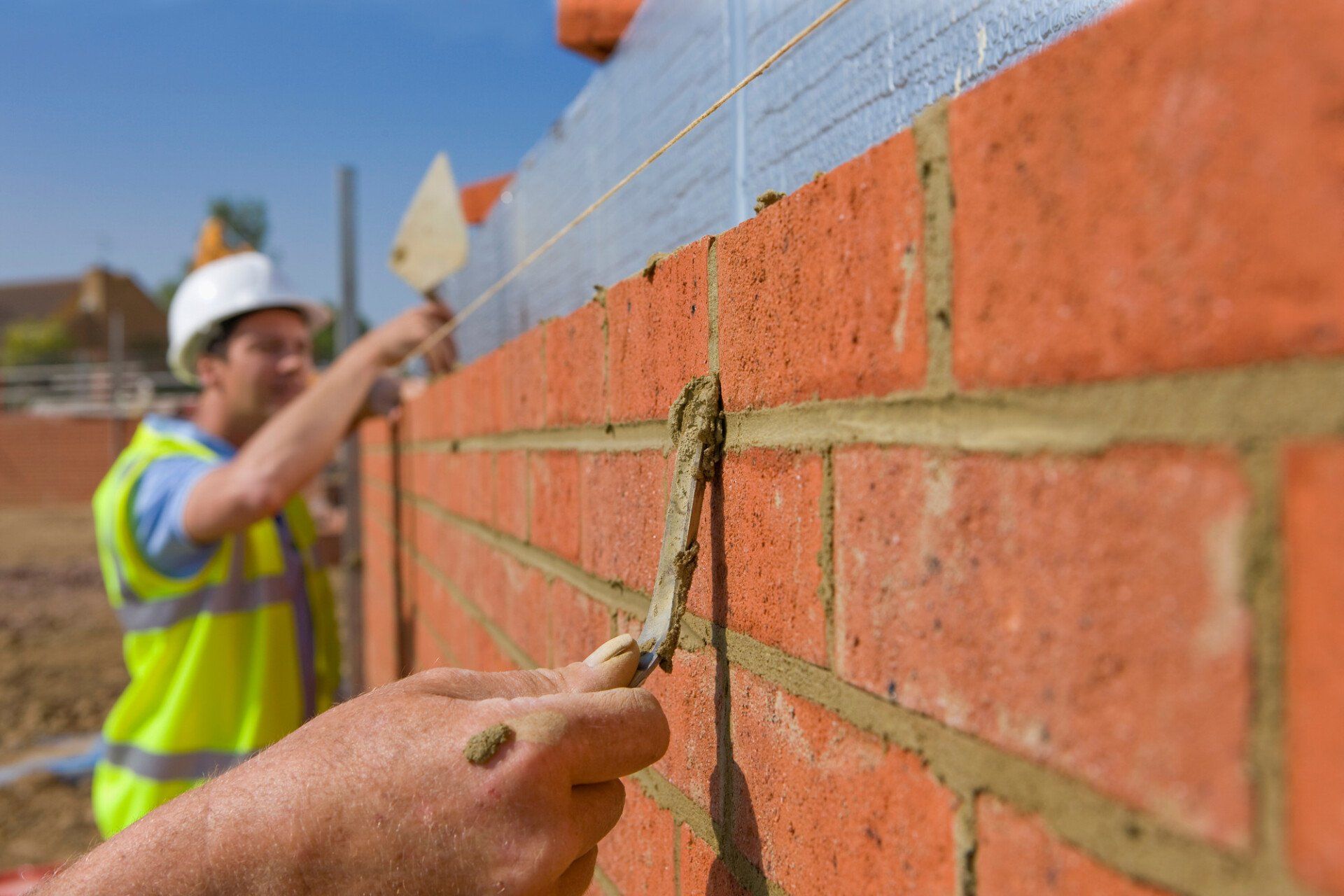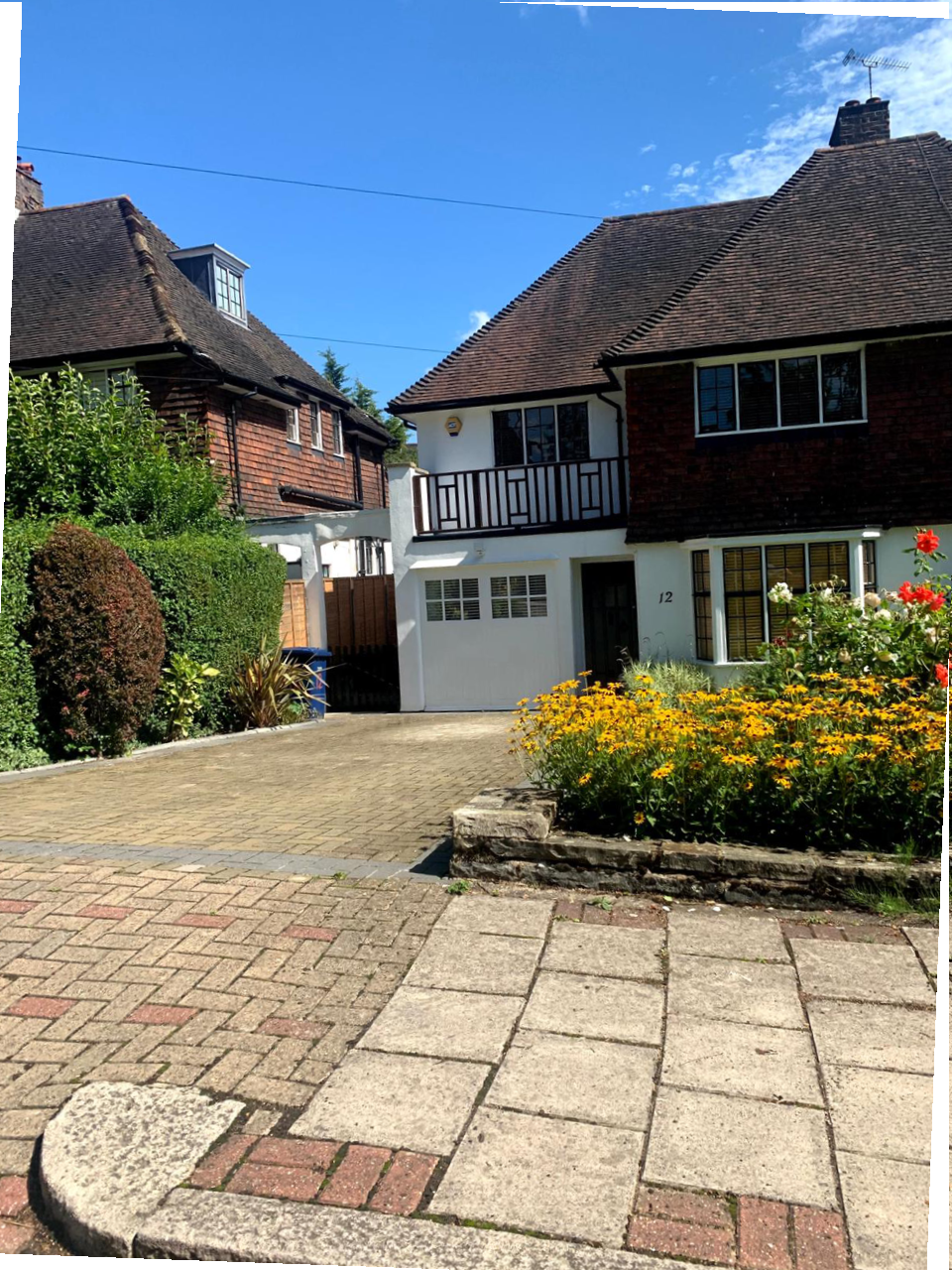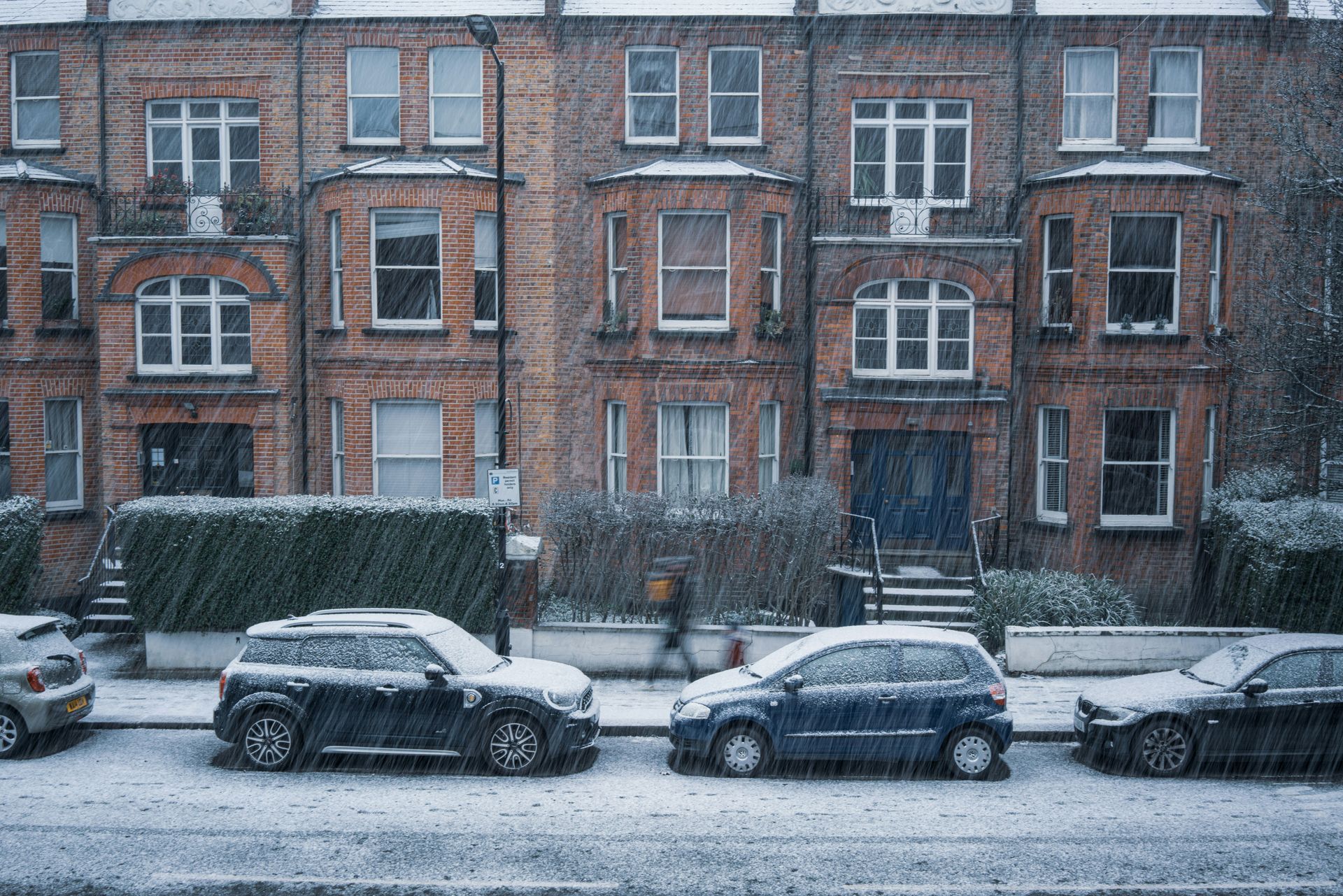Demystifying the Party Wall Act: Understanding Common Work Covered
The Party Wall Act 1996 is a crucial piece of legislation in the United Kingdom that governs construction work involving party walls, boundary lines, and excavations near neighboring properties. Understanding the scope of the Act is essential for property owners, developers, and neighbors involved in construction projects. In this comprehensive blog post, we will explore common types of work covered by the Party Wall Act, shedding light on the obligations, rights, and considerations associated with each.
1. What is the Party Wall Act?
Enacted to prevent and resolve disputes between property owners, the Party Wall Act applies to various types of construction work that may impact shared walls, boundaries, and neighboring properties. The Act ensures that both the party carrying out the work (the building owner) and the affected neighboring property owner(s) are adequately informed and protected throughout the construction process.
2. Common Types of Work Covered:
a. Building Works:
The Party Wall Act encompasses various building works that may affect party walls or structures shared between two properties. This includes:
Extensions: Any extension that involves cutting into or building on the party wall, even if the extension is entirely on the building owner's land.
Alterations: Structural alterations to a party wall, such as the insertion of beams, removal of chimney breasts, or changes to the thickness of the wall.
Excavations Near Foundations: Excavations for foundations within specified distances from neighboring buildings, which could potentially undermine the stability of the party wall.
b. Notification Requirements:
The building owner undertaking the covered work must serve notice to the affected neighboring property owner(s) well in advance. The notice includes details about the proposed work, the anticipated start date, and information about the Party Wall Act. The notice gives neighboring owners the opportunity to consent, dissent, or negotiate modifications to the proposed work.
3. Rights and Responsibilities:
a. Building Owner:
The building owner proposing the construction work has certain rights, including the right to:
Access the Party Wall: The right to access the party wall or neighboring land to carry out the proposed work.
Alter the Party Wall: The right to alter, repair, or demolish the party wall, subject to complying with the Act and compensating the affected neighbors for any resulting inconvenience or damage.
b. Neighboring Owner:
The neighboring owner(s) have rights to:
Consent or Dissent: The right to either consent or dissent to the proposed works. If dissenting, they may appoint a surveyor to represent their interests.
Appoint a Surveyor: The right to appoint a party wall surveyor to protect their interests and ensure fair treatment throughout the process.
4. Party Wall Agreement:
In cases where the neighboring owner dissents, a Party Wall Agreement (also known as an "award") is essential. This legal document outlines the agreed-upon terms and conditions, including the scope of work, the time frame, and any necessary protective measures. The agreement may also detail how disputes will be resolved and the responsibilities of each party.
5. Common Disputes and Resolutions:
a. Damage to Property:
One common dispute involves damage to the neighboring property during construction. The Party Wall Act mandates that the building owner compensates the affected neighbor for any damage caused as a result of the covered work. Surveyors play a crucial role in assessing and resolving such disputes.
b. Disagreements over Methodology:
Differences in construction methods or party wall procedures can lead to disagreements. Surveyors can help mediate and find solutions that balance the interests of both parties.
c. Access Disputes:
Issues may arise concerning access to the neighboring property for the purpose of carrying out the construction work. The Act provides mechanisms for resolving such disputes to ensure fair and reasonable access.
6. How to Navigate the Party Wall Process:
a. Early Communication:
Open and transparent communication between building owners and neighboring property owners is key. Discussing plans in advance can often lead to smoother negotiations and potentially prevent disputes.
b. Appointing Surveyors:
When disputes arise, appointing surveyors is a common step. Each party typically appoints their surveyor, who may then select a third, neutral surveyor if necessary. The surveyors work together to create a Party Wall Agreement that protects the interests of both parties.
c. Document Everything:
Thorough documentation is crucial throughout the process. Keeping records of notices, agreements, and any communication ensures clarity and can be valuable in resolving disputes if they arise.
The Party Wall Act plays a crucial role in regulating construction work that may affect party walls or neighboring properties. Whether you are a building owner planning construction or a neighboring property owner affected by proposed works, understanding the Act's provisions, rights, and responsibilities is essential. Early communication, adherence to the notification process, and, when necessary, the appointment of surveyors can contribute to a smoother process and help prevent or resolve disputes in a fair and equitable manner. By navigating the Party Wall Act effectively, property owners can ensure that construction projects proceed smoothly while maintaining positive relationships with their neighbors.
For more information call Adam Joseph Chartered Party Wall Surveyors at 020 3875 9279 or email us.










